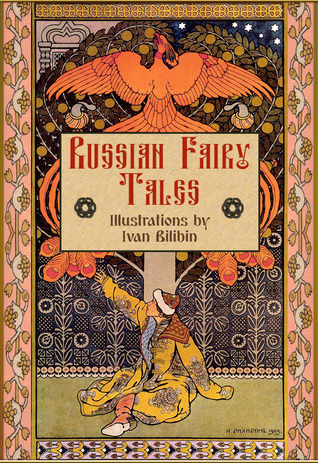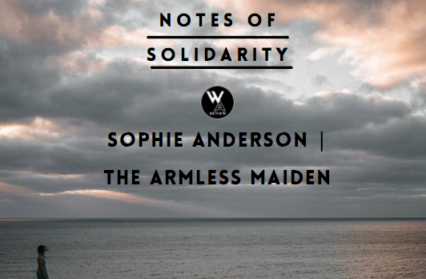Notes of Solidarity is a new daily series of mini-essays, poems, and reflections on the Russian war on Ukraine by some of Wales’s leading literary figures. Here, children’s author Sophie Anderson tries to make sense of the senseless with a retelling of an ancient Russian fairy tale, The Armless Maiden.
‘In a certain kingdom, not in our land …’ So begins The Armless Maiden, a Russian fairy tale collected and published by Alexander Afanasyev in 1859. The tale is far more ancient of course, and over one hundred versions are found across the world. The versions vary, but I could perhaps summarise the story using the magical, fairy tale three.
One… A maiden’s arms are brutally amputated by a family member – usually her brother or father. Why? Why would anyone do something so awful? Well, the brother or father fears the maiden. He sees her as a threat to his wealth, to his power, to his very existence. He has listened to lies about her and believes her capable of terrible things. So, he must protect himself… We, the reader, condemn his actions, but understand his motivations. We know how lies and fear can swell to overshadow the goodness inside us.

Two… The maiden, hurt, lost and alone, wanders through woods until she finds a place that offers her charity. Townspeople give her shelter. In a moonlit orchard, pear trees lower their boughs so she can reach the fruit. She is safe and nourished. Sometimes, she is gifted gold or silver arms to replace the ones she had taken from her. But these are only temporary, and this place is not as safe as it seems. The maiden is driven away by more lies and cruelty. Or, she chooses to leave. Either way, she understands this is not a happily-ever-after. She must go on.
Three… The maiden returns to the woods. She knows this place now, so is not as lost as before. She grows stronger as she wanders, and one day looks down to find her arms have grown back. They might be weak, baby arms at first, but she keeps going until they are fully restored. Then she returns to the place where it all began and exposes the lies and wrongs she suffered. She speaks the truth, and even the person who harmed her hears and accepts it. Finally, the maiden, and everyone else in the story, “…began to live happily and to prosper.”
Why am I writing about a fairy tale when I have been asked to write about a war? Because when the world seems senseless, I find sense in the old tales. And this one in particular I often turn to in difficult times. The mutilation of the maiden and her subsequent journey can represent many kinds of trauma and healing. The path is not linear and even when safety is reached, there is more to endure.
To help the maiden, we must lower our boughs and offer fruit. But that is not enough. We must also ensure she reaches a place where she can strengthen and regenerate, and turn to face those who harmed her. The lies and the wrongs must be exposed, and the truth spoken, and heard, by everyone. Only then can there be true, sustainable recovery.
For more information on the Russia-Ukraine war, including ways you can help, please click here.
You can follow all contributions to Notes of Solidarity from Wales Arts Review here.











